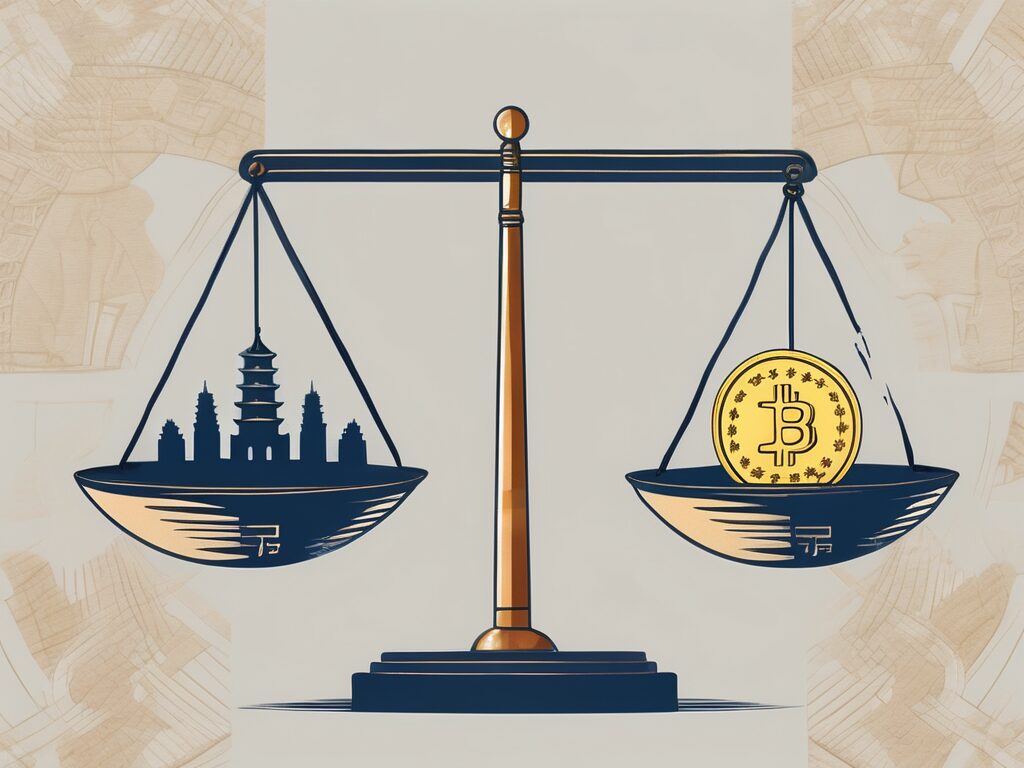Understanding the tax system in a foreign country can be a daunting task, especially when it comes to China. With its rapidly evolving economy and complex tax laws, it’s crucial for foreign workers to be well-informed. In this guide, we’ll delve into three key points about tax rates for foreign workers in China.
1. Understanding the Individual Income Tax (IIT)
What is the Individual Income Tax?
The Individual Income Tax (IIT) is a levy imposed on the income of individuals residing in China or deriving income from China. It’s akin to the Income Tax in the UK, but with some unique characteristics that we’ll explore.
Foreign workers are subject to IIT on their China-sourced income, which includes wages and salaries, rental income, royalties, interest, dividends, and other income. However, the tax treatment can vary depending on the worker’s tax residency status.
Tax Residency Status
China’s tax residency status is determined by the duration of a person’s stay in the country. If you stay in China for 183 days or more in a tax year, you’re considered a tax resident. On the other hand, if you stay for less than 183 days, you’re deemed a non-tax resident.
It’s important to note that tax residents are taxed on their worldwide income, while non-tax residents are only taxed on their China-sourced income. This distinction is similar to the UK’s tax residency rules, where UK residents are taxed on their global income, and non-residents are taxed only on their UK income.
2. The Tax Rates
Progressive Tax Rates
China’s IIT is based on a progressive tax system, similar to the UK’s income tax system. This means the tax rate increases as the taxable income increases. The rates range from 3% for the lowest income bracket to 45% for the highest income bracket.
However, unlike the UK where the income tax bands are relatively straightforward, China’s tax bands are slightly more complex due to the inclusion of a ‘Quick Deduction’ method. This method allows for a certain amount to be deducted from the tax payable, effectively lowering the tax burden for lower-income earners.
Annual Bonus Taxation
In China, annual bonuses are taxed separately from other income and are subject to a special tax calculation method. This is different from the UK where bonuses are usually taxed as part of your regular income.
The tax rate on bonuses in China can range from 3% to 45%, depending on the amount of the bonus. The tax is calculated by dividing the bonus by 12 to determine the applicable tax bracket, and then applying the corresponding tax rate.
3. Tax Deductions
Standard Deductions
China offers a standard deduction of RMB 5,000 per month for resident taxpayers, which is similar to the personal allowance in the UK. However, non-resident taxpayers do not qualify for this deduction.
This standard deduction is subtracted from the gross income to arrive at the taxable income. For example, if a foreign worker earns RMB 20,000 per month, their taxable income would be RMB 15,000 (20,000 – 5,000).
Itemised Deductions
In addition to the standard deduction, China also allows certain itemised deductions. These include deductions for children’s education, continuing education, medical expenses for serious illnesses, mortgage interest, rental expenses, and elderly care expenses.
These deductions are similar to the tax reliefs available in the UK, such as the relief for pension contributions, charitable donations, and maintenance payments. However, the specific rules and limits for these deductions in China can be quite complex, and it’s advisable to seek professional advice to ensure compliance.
In conclusion, understanding the tax rates for foreign workers in China can be a complex task, but with the right information and advice, it’s certainly manageable. Remember, knowledge is power, especially when it comes to taxes!
Enhance Your Career with IPGCE
As a foreign worker navigating China’s tax system, you understand the value of professional development and staying ahead in your field. IPGCE is here to support your journey towards becoming a globally recognized educator. With our International Postgraduate Certificate in Education, you’ll not only enhance your qualifications to meet the demands of international schools but also experience significant career progression, increased salary potential, and a stronger professional network. Embrace the opportunity to deepen your understanding of global education systems and join a community that mitigates professional isolation. Ready to transform your teaching career with the UK’s #1 Teacher Training Course? Join IPGCE today and take the next step in your professional development journey.

